First State Investments, an Australia-based investment firm, announced on Aug. 27 that it would acquire Jacksonville-based Patriot, which operates short line railroads, provides rail services, and has port terminal operations.
Independent analyst Anthony B. Hatch says the Patriot deal, like recent short line acquisitions by OmniTRAX and line sales by CSX Transportation, sits “at the intersection of the intense interest in North American rail properties and the Precision Scheduled Railroading-led focus on both carload business and increased return on investment.”
Should it come as a surprise that an Australian firm snapped up Patriot Rail just months after the partnership of Canadian company Brookfield Asset Management and a Singapore-based investment fund announced it would acquire Genesee & Wyoming?
“No, not really,” Hatch says. “These are infrastructure funds. They do invest everywhere and they have been dying to get their hands on rail — the best infrastructure that there is. They would love a Class I but they are too big!”
John Ma, the New York-based director of infrastructure investment for First State, says interest in short lines is increasing because railroads have characteristics that long-term investors covet.
Short lines operate irreplaceable assets and provide essential services to industrial customers, Ma explains. And they have relatively stable, predictable cash flows, which makes them good defensive investments.
A plus for the partnership that acquired Patriot Rail: Good management with solid prospects for growth over the long term, Ma says.
“There’s a lot of infrastructure investor interest in the space but not a lot of opportunities just in the sense that there’s a limited handful of quality short line railroad companies out there to invest in,” Ma says. “So that’s a big reason we were enthusiastic and interested in Patriot.”
Patriot CEO John Fenton says he’s glad to have the financial backing of First State and the additional railroad expertise that MidRail, a minority partner in the deal, brings to the table. Fenton once headed shortline holding company OmniTRAX and has Class I experience with Canadian National, Kansas City Southern, and the Santa Fe.
Patriot operates a dozen short lines, eight of which have access to two Class I connections. Patriot also performs industrial switching, has a rail services arm, and East Coast port terminal operations.
Patriot aims to grow with its customers as well as acquire additional short lines.
“I think the best investments you can make first of all are in your own assets,” Fenton says. Patriot, FSI, and MidRail are currently reviewing and prioritizing a list of potential investments that will boost revenue and rail volumes.
“There’s a lot of growth projects,” Fenton says.
Among them: Potential for new railcar storage yards as Class I’s reduce the size of their freight car fleets as Precision Scheduled Railroading takes hold, as well as a commercial wastewater facility that’s being added to Patriot’s tank car cleaning facility in East Chicago, Ind.
MidRail CEO Gil Lamphere led investor groups that acquired MidSouth and Illinois Central in the 1980s and helped turn them into ultra-efficient railroads before E. Hunter Harrison coined the term Precision Scheduled Railroading at Canadian National.
PSR has focused on making railroads more efficient, Lamphere says. The next logical step, he says, is doing a better job of tying short lines and their customers into the low-cost Class I rail system.
Class I’s have plenty of capital but lack deep customer relationships. Short lines, on the other hand, know their customers but typically lack the capital to make investments. In between are industrial switching operations that are ripe for efficiency gains.
MidRail wants to plug these gaps by investing in shortline projects, helping small railroads become supply chain partners with their customers, and enabling shippers to make production adjustments designed to take better advantage of rail transportation and Class I schedules.
“It’s really Production Scheduled Railroading,” Lamphere says, borrowing a phrase that came up during a discussion with Ron Batory, the longtime railroader who is administrator of the Federal Railroad Administration.
“It is the natural evolution. We were so focused on what is on the track that we in some ways forgot about what’s on the side of the track, which is the most important thing — the customers,” Lamphere says.
This might mean investing in storage in transit yards for chemical shippers, Lamphere says, or making small investments in intraplant facilities that can make a big difference in the efficiency of their rail operations.
“Our whole thinking and our whole thought structure is around growth, around innovation, about filling gaps in the supply chain, about offering comprehensive solutions to customers to where we come in and are viewed as innovators in the industry,” Fenton says.
Patriot’s railroads total 585 miles and include the Butte, Anaconda & Pacific; Columbia & Cowlitz; DeQueen & Eastern; Georgia Northeastern; Golden Triangle Railroad; Kingman Terminal Railroad; Louisiana & North West Railroad; Sacramento Valley Railroad; Texas & Temple Railway; Tennessee Southern; Utah Central; and West Belt Railway.
Patriot also operates the Blue Ridge Scenic Railway in Georgia.
The company’s services include railcar storage and repairs, contract switching, and transloading. The port terminal operations include breakbulk, roll-on roll-off, and container terminals as well as a cold storage facility.







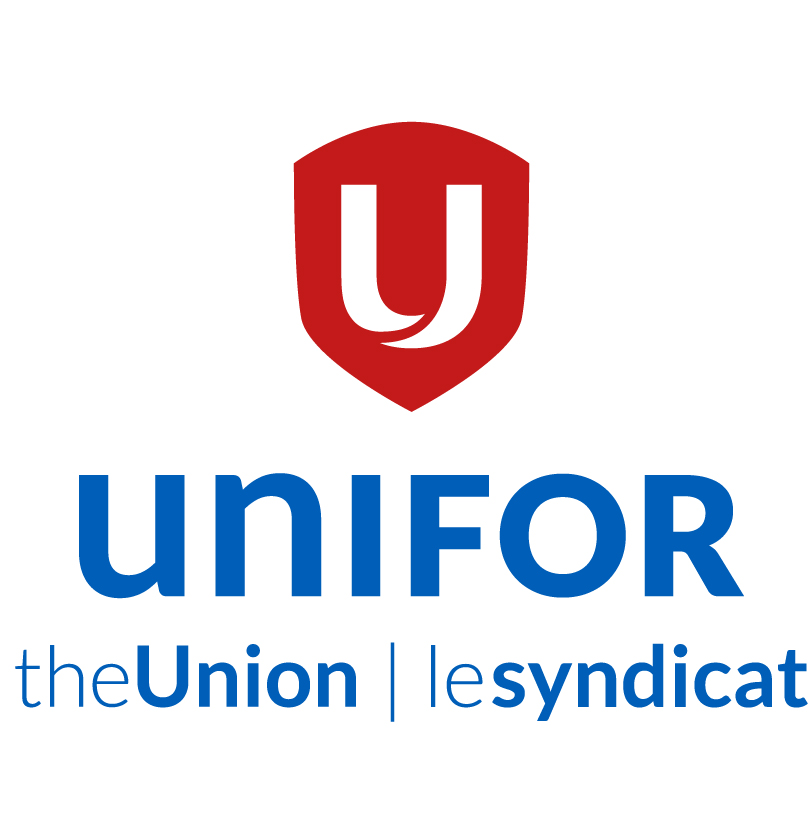
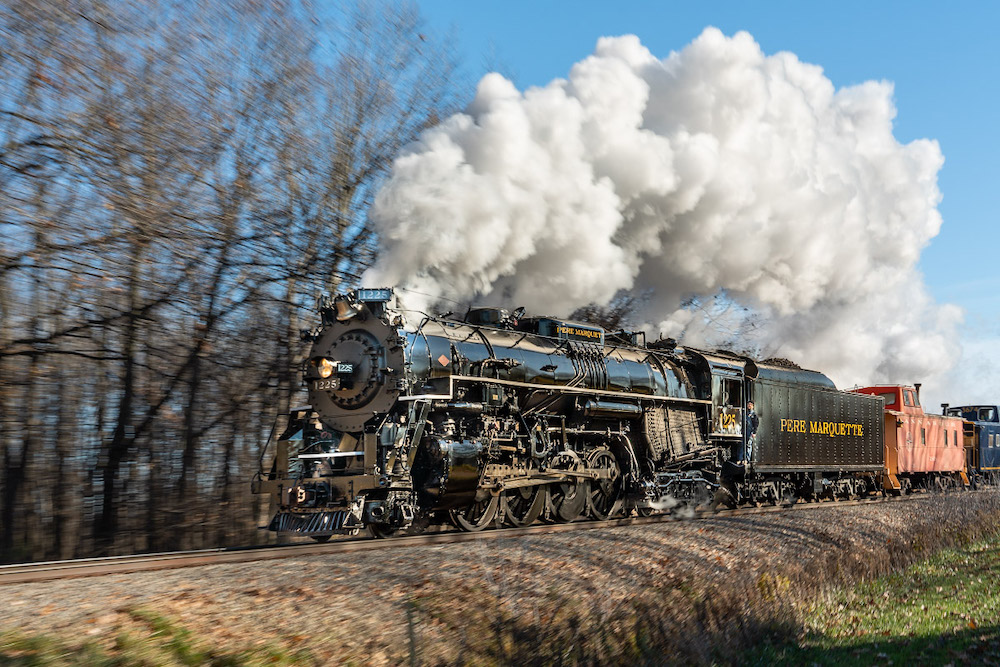
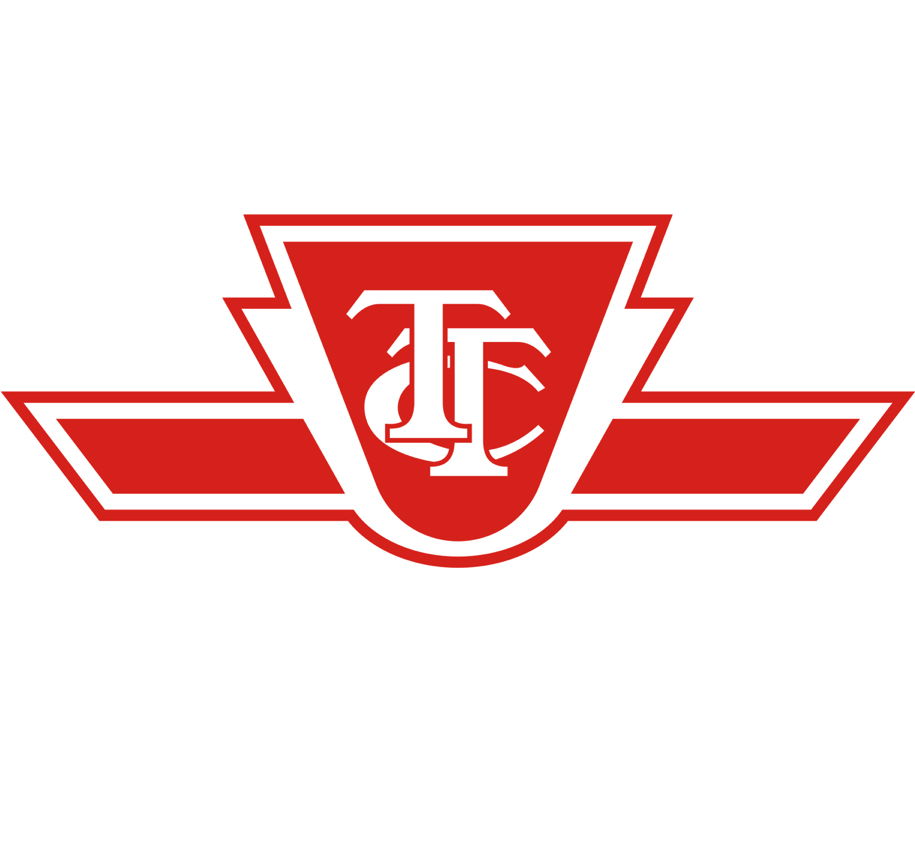
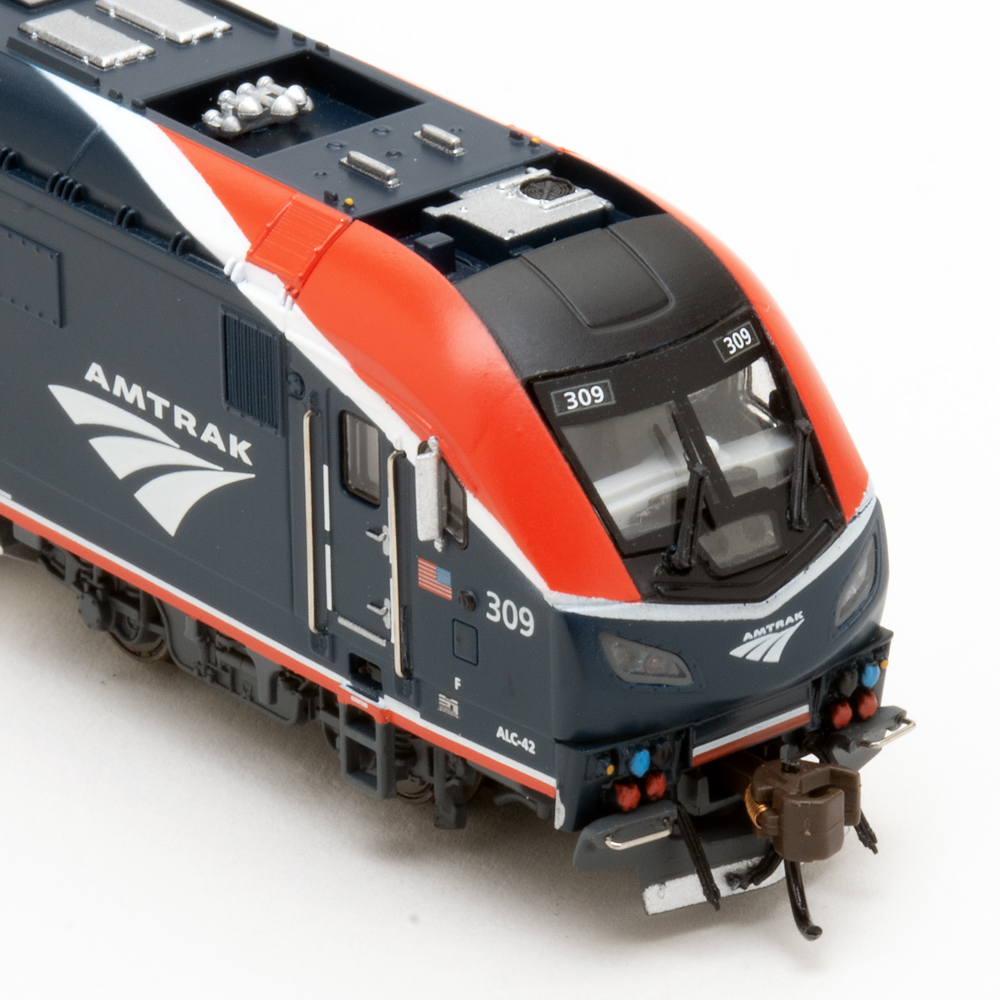
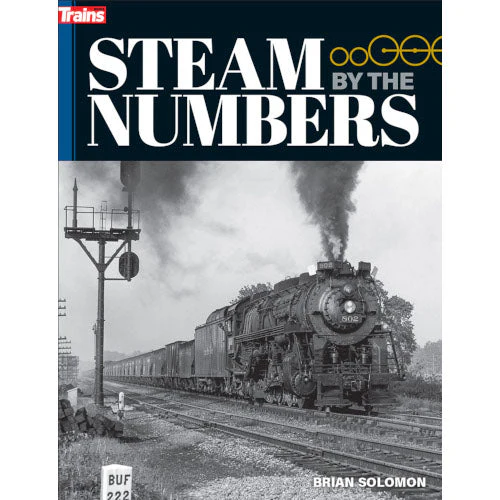

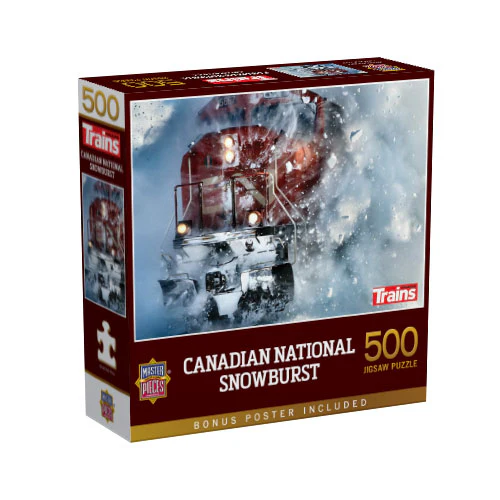
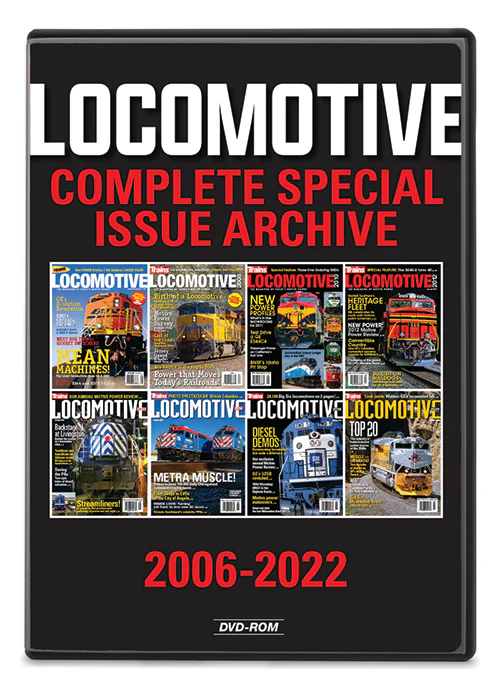
It seems investor interest isn’t tied to new service, just milking what they can get out of existing. Short lines trade hands like a old cow in a dairy farm.